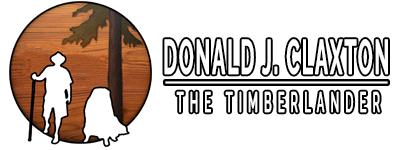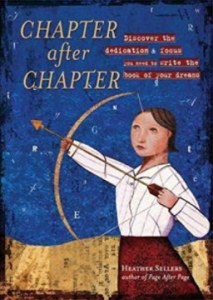Honesty in Writing
I read an essay about honesty in writing in Julia Cameron’s book The Right to Write last week and found the concept profound. You’d think that not be so difficult a thing to do, but I’d wager as writers, so many of us at times have struggled with honesty in our writing–trying to share something beyond our scope. And when we attempt to do so, it shows.
That led me to today’s #amwriting tip–Honesty in Writing.
When I took my dog Maycee out this morning, I was treated to the view in the picture to the right. We all know that branches of trees grow outward and we like to think that they reach for the heavenly light as they mature, like we do as writers, writing day in, day out, honing our craft. Now we’ve all heard the expression getting too far out on the limb. This happens when we write about things we don’t know well. The weight gets to be too much for the leanness of the extension and the branch begins to sag, if not snap off, and the whole thing goes tumbling to the ground. But not so with this one particular branch I saw this morning. It turned back toward the safety of the tree’s crown.

Look at the tree branch, instead of reaching too far out, the branch is bending upward to preserve its strength.
I think it is important and almost cliche to say write what you know. I think it’s better to encourage you as a writer to write from your gut. Have courage to express what’s on your mind.
I’ve always said that when I sit down at my computer, typewriter, or put pen to paper, it’s like I poke a hole in my finger and I bleed out what’s on my mind. It’s that bluntness, that sheer honesty that satisfies me in my writing that has sometimes angered those who have read my writings. But it is also what has made me such a stickler for detail.
My mother has long said I have an “elephant like a memory.”
In recent years I have reconnected with friends whom I lost connection with when I was in middle school in California–because of the Air Force–and found them again because of Facebook 32 years later.
I have reminded them in fine detail of aspects of their lives and they have been astounded. I attribute this now to my writer’s mind, not just because I have a good memory, but because I’ve had the training as a writer to record detail and the daily practice of searching for detail as a writer and putting down the accurate and honest details of events in my mind and on paper.
This of course takes practice, daily practice–another essay of Cameron’s–but more importantly, it requires being honest about what is seen and not seen. It requires discipline and honesty about what is and is not there and recording accurately.
#AmReading
At present I’m on a regular reading diet that comprises a short story every day of F. Scott Fitzgerald, Ernest Hemingway, and an essay penned by Ms. Cameron.
Last night I read Fitzgerald’s “The Curious Case of Benjamin Button” and Hemingway’s “The Killers.” Cameron’s essay on Practice was wonderful.
I wrote down this wonderful quote from Cameron:
“While our mythology tells us that writing is about the ivory tower, writing itself teaches an interest in life outside the tower.”

I’m purposely doing this because these are renowned writers who are known for their brilliance and most of all, their honesty in writing.
Conclusion
For those of you on Twitter using the hashtag #AmWriting, congratulations. You’re doing something important. You’re using social media to grow your experiences with writing. I encourage you to come back, sign up on the email list and comment. How are you honest in your writing? What are you reading these days? What tools do you use to practice being honest in your writing? How can we all do better?






0 Comments